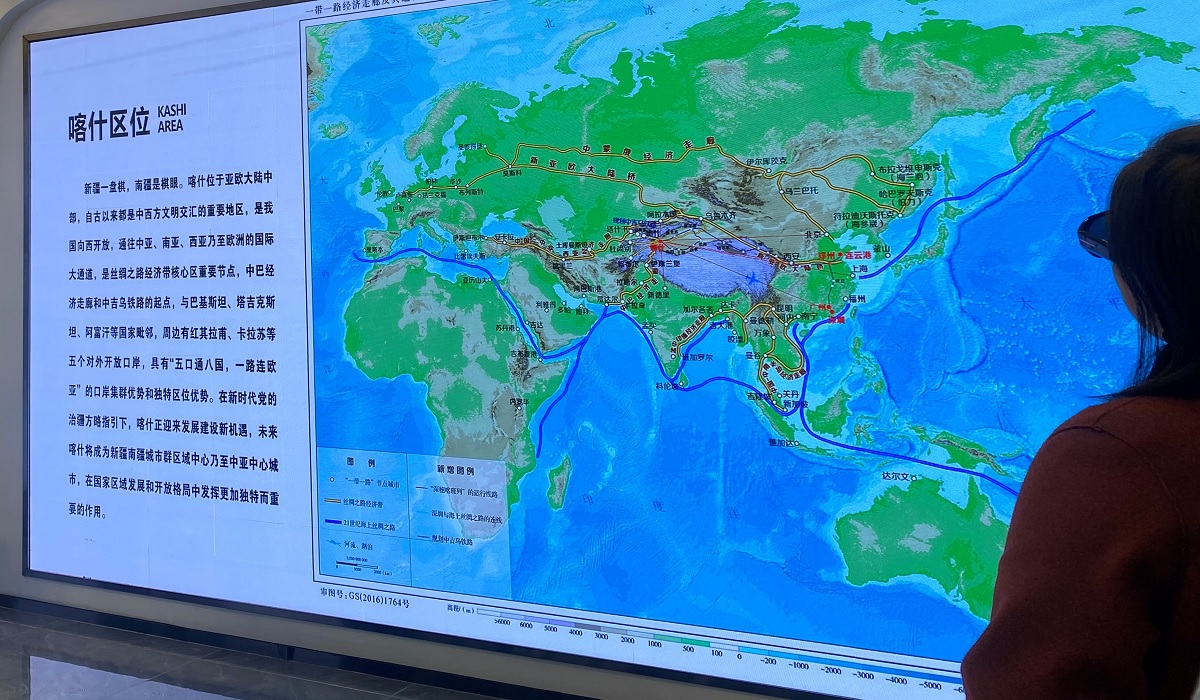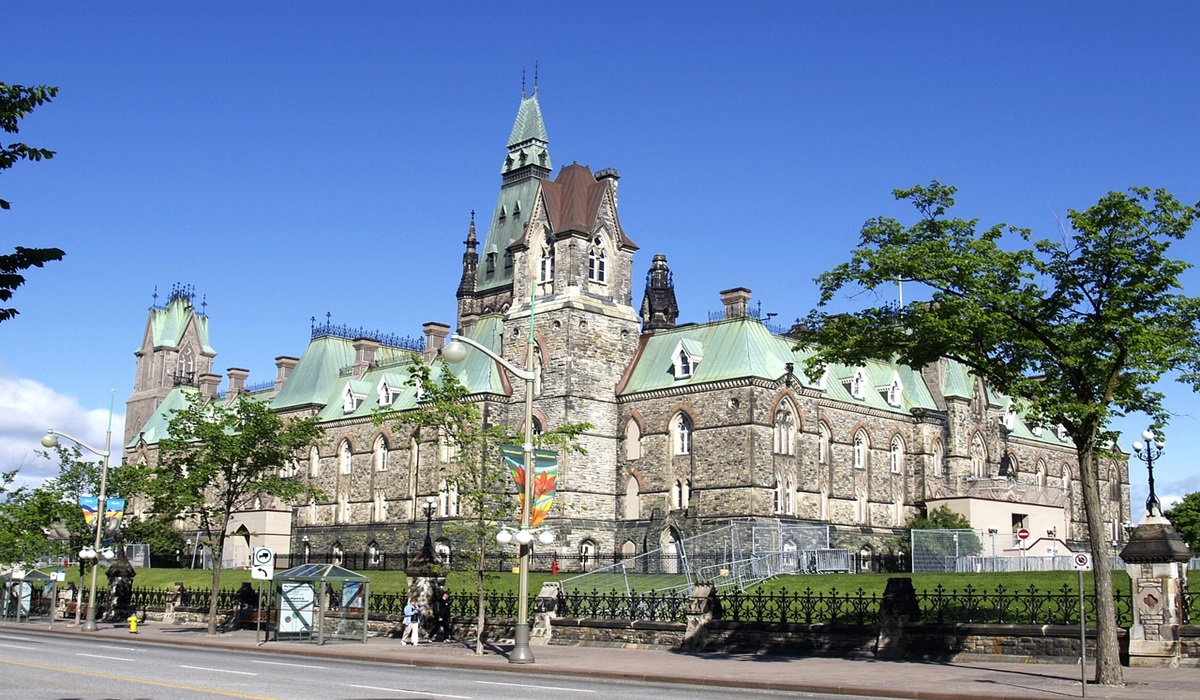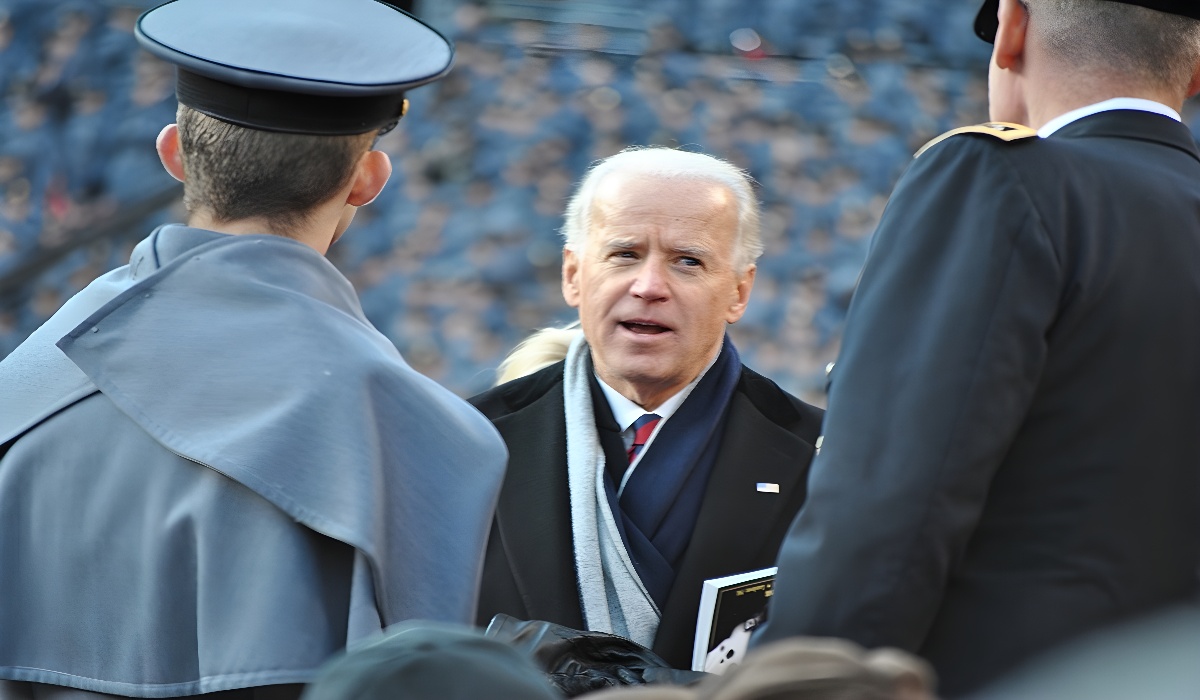Elections serve as pivotal moments where citizens exercise their right to shape the trajectory of their nations. This year, the globe finds itself at the epicenter of consequential elections, notably in the United States, where the presidency and Congress hang in the balance. Concurrently, a potential early call election in Canada and significant contests in various African and European nations further underscore the global magnitude of the choices being made at the ballot box.
However, amidst the excitement and anticipation, a disconcerting truth persists – many citizens remain disengaged from the voting process. The refrain “elections have consequences” echoes louder than ever, emphasizing the profound impact that political decisions can have on the lives of individuals and communities. Despite the global stage witnessing crucial democratic exercises, a pervasive issue continues to haunt the democratic ethos – the lack of participation in the voting process.
Some argue that this reluctance to vote stems from a perception that the electoral system is inherently flawed and skewed. There is a prevailing belief that the process is marred by unfair practices, eroding the very essence of democracy. To an extent, there is truth in these claims, as instances of gerrymandering, voter suppression, and other malpractices have stained the democratic landscape. However, it is crucial to distinguish between localized issues and the broader picture, especially in North American elections.
Contrary to the narrative painted by the losing side, North American elections are generally safe and secure. While no system is flawless, the checks and balances combined with robust legal frameworks ensure a relatively fair electoral process. The perception of widespread issues, often perpetuated for political gain, can lead to unwarranted skepticism and apathy.
One undeniable truth remains: citizens hold the power to shape the laws that govern them. If discontent simmers regarding the legislative landscape or the policies instituted by those in power, it becomes imperative for individuals to participate in the political process actively. The refrain that “you cannot complain without being part of the solution” holds particularly true in democratic societies.
Voting is not merely a right but a civic duty that empowers individuals to contribute to the collective decision-making process. It is a mechanism through which voices are heard and change is catalyzed. Conversely, apathy only perpetuates the status quo, allowing decisions to be made without the input of those most affected.
The call for active participation is resounding in the context of the upcoming global elections. Citizens must recognize the weight of their choices and the consequences of indifference. The ballot box is a powerful tool, capable of reshaping nations and forging a path toward a future that reflects the people’s will.
As the world watches and engages in these critical elections, let it serve as a reminder that democracy thrives when its citizens actively participate. In the intricate dance of governance, the steps taken at the ballot box reverberate far beyond the immediate moment, shaping the destiny of nations and leaving an indelible mark on the fabric of history.









